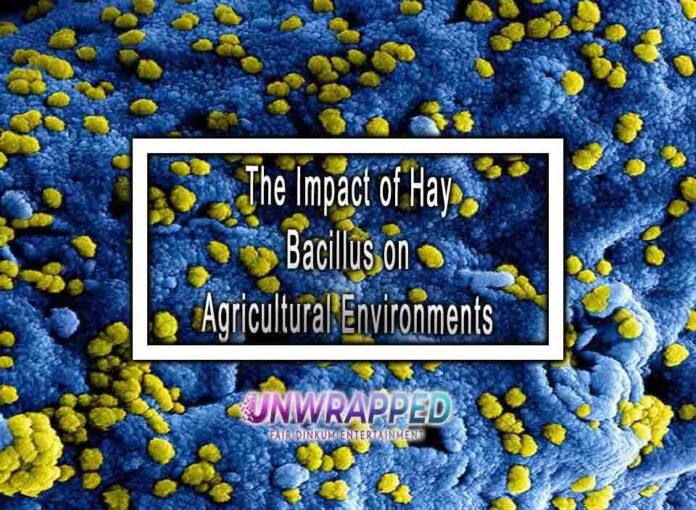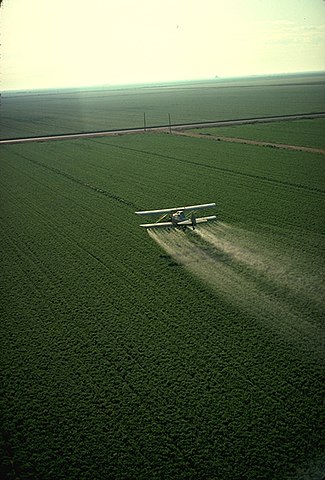“Hay Bacillus” is a term that is sometimes used to refer to the bacterium Bacillus subtilis. Bacillus subtilis is a versatile and beneficial bacterium that has several positive impacts on agricultural environments. Here are some ways in which Bacillus subtilis, or “Hay Bacillus,” can influence agricultural settings:
1. Biocontrol Agent:
- Bacillus subtilis acts as a biocontrol agent against plant pathogens. It produces antibiotics and other antimicrobial compounds that inhibit the growth of various plant pathogens, helping to protect crops from diseases. This biocontrol function reduces the need for chemical pesticides, promoting sustainable and environmentally friendly agriculture.

2. Induction of Systemic Resistance:
- Bacillus subtilis can induce systemic resistance in plants. When applied to seeds or the soil, it triggers the plant’s natural defense mechanisms, making it more resistant to diseases caused by fungi, bacteria, and viruses. This systemic resistance contributes to overall plant health and reduces the impact of pathogens on crop yields.
3. Promotion of Plant Growth:
- Bacillus subtilis is known for its ability to promote plant growth. It produces plant growth-promoting substances such as indole-3-acetic acid (IAA) and enzymes that enhance nutrient availability in the soil, stimulate root development, and improve overall plant vigor. This can result in increased crop yields and improved agricultural productivity.
4. Nutrient Cycling and Soil Health:
- Bacillus subtilis plays a role in nutrient cycling and soil health. It aids in the decomposition of organic matter, releasing nutrients into the soil that are essential for plant growth. By contributing to the microbial community in the soil, Bacillus subtilis helps maintain soil fertility and structure.
5. Drought Resistance:
- Some strains of Bacillus subtilis have been shown to enhance drought resistance in plants. They can promote water-use efficiency and help plants withstand water stress, which is particularly important in regions prone to drought or where water resources are limited.
6. Biodegradation of Organic Residues:
- Bacillus subtilis participates in the breakdown of organic residues, including crop residues and plant debris. This activity contributes to the recycling of organic matter in the soil, preventing the accumulation of debris that could harbor plant pathogens.
Conclusion:
The impact of Bacillus subtilis, or “Hay Bacillus,” on agricultural environments is predominantly positive. Its biocontrol activities, promotion of plant growth, contribution to nutrient cycling, and potential role in enhancing drought resistance make it a valuable tool for sustainable and integrated pest management in agriculture. Incorporating beneficial bacteria like Bacillus subtilis into agricultural practices aligns with the principles of environmentally friendly and resilient farming systems.











